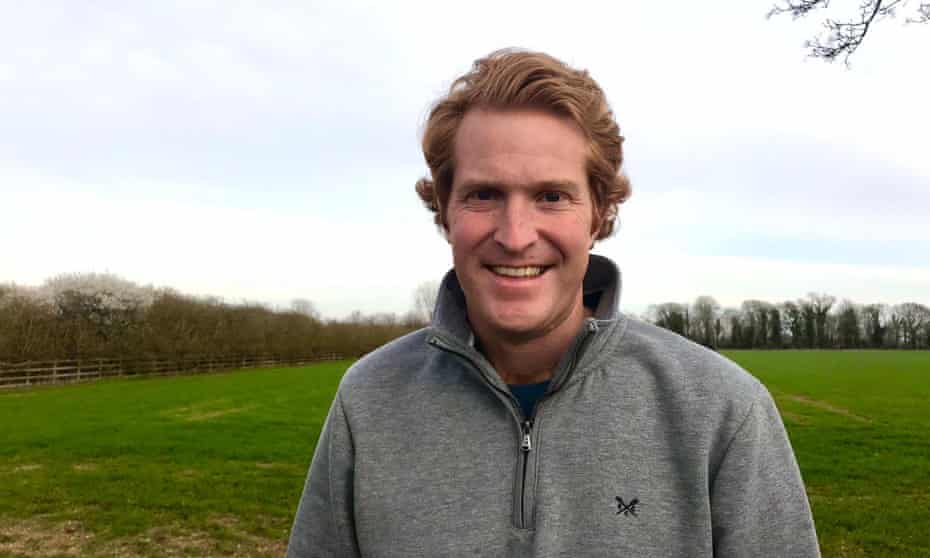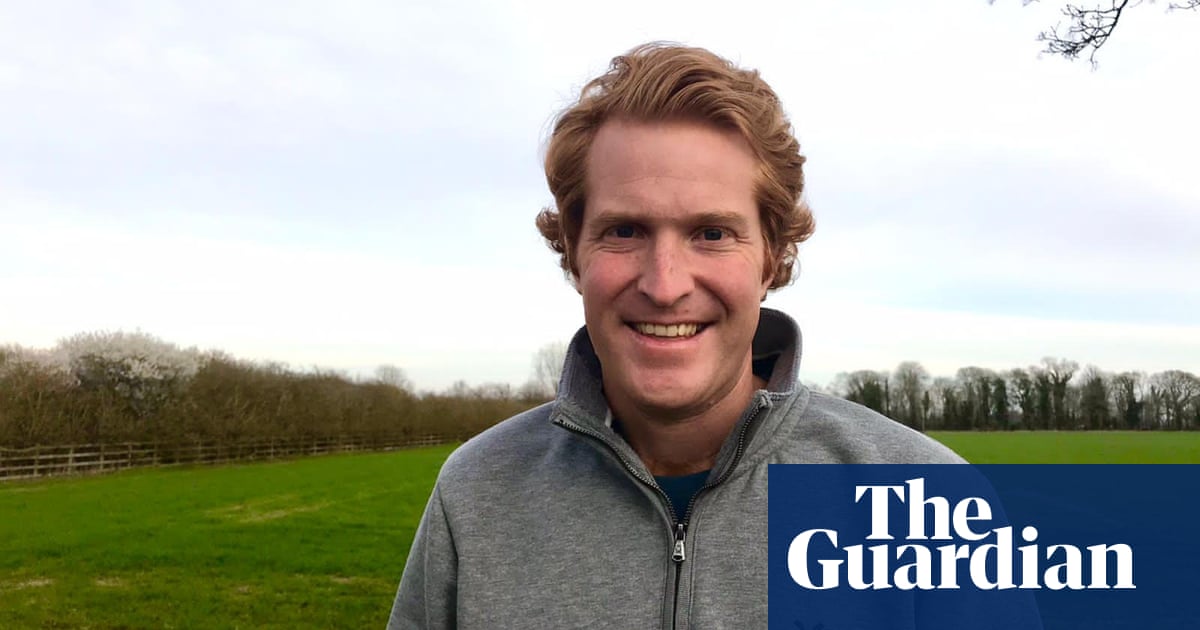A moment that changed me: I walked into the bookies, won £72 in 12 seconds – and life was never the same

The first time I set foot in a bookmaker at 19, I became a gambling addict – spending millions of pounds. Then, in my darkest hour, my brother saved me and I vowed to help others recover
When I followed a group of similarly hungover friends into Coral on a chilly Saturday morning in October 2006, I had never set foot inside a bookmaker before. I was 19, and weeks into my first year at university. The extent of my knowledge of gambling was a gentle family flutter on the Grand National each year.
My mates knew rather better what they were doing, striding towards the corner to collect a form for their “accumulator”, and a blue plastic pen. I watched a middle-aged man feeding £20 notes into a fixed odds betting terminal. After 10 minutes, he hit the machine in rage and, with a cigarette lit before he was out the door, stormed towards the nearest ATM. I watched this debacle unfold in bemusement and, as I settled into his bucket chair, thought how foolish he must be.
I had no idea what I was doing, but this felt different from my limited experiences of gambling. This was my time and money. There was sport – my true passion – on every wall. In my pocket, I had two pound coins. I slipped them into the machine. In roulette, zero is green, and the only number that is not red or black. It had been the last number to come up, forcing my predecessor to storm out. The odds of zero coming up twice in a row are 1,369-1, but so what? I was 19, privileged, and somewhere on the hazy border between confident and arrogant.
My £2 went on green zero and I whacked the big red start button. Twelve seconds later, a small silver ball bearing nestled itself in the bed of green zero. £2 had become £72. Those 12 seconds changed my life forever.
I collected my winnings, but when my mates left the shop shortly after, I followed them, before making a perfect 180 degree turn back into the bookies. I settled into what felt like splendid isolation, using my cash to bet on all sorts, including placing £10 on a horse called Majestic Roi in the 3pm at Hamilton Park. She won. By the time I left five hours later, I had £250 in fresh notes. It all seemed so easy.
Soon enough, I found myself in a bookies or casino every day. I would go each week with friends but, privately, I was going more often, and gambling far greater amounts than anyone knew. I started chasing losses. If £10 went into the machine, £10 had to come out. The £1 pipedream accumulators became £10 strategic six-fold multi bets.
Gambling was a secret contributing factor in the loss of my dream career as a professional cricketer. Distracted, my contract with Northamptonshire wasn’t renewed. Instead, I graduated and went to London to work in insurance. I was receiving my first pay cheques and gambling was available everywhere. The advent of online gambling meant I could feed my addiction wherever I was, whenever I wanted.
In the hope of bringing greater control into my life, I left the city to become a teacher. That helped for a short while, but I had done little to address the root of the problem. Before I knew it, I was in free fall again. I would place bets on my phone while teaching in the classroom, and was so desperate for funds to gamble, I sought large sums of money from parents at my school.
The extent of my gambling was my greatest secret. Throughout my 12 years as an addict, I placed £2m in bets online, and near enough the same in shops. I racked up £238,000 of debt and borrowed thousands of pounds from others under false pretences. In a single year, 2017, with a single bookmaker, I placed 27,988 bets. I had 76 accounts in 65 different names.
Every bet I had placed was a bid to replicate the buzz I felt at that very first win as a 19-year-old. But thousands of pounds worth of winnings couldn’t top the rush of that £72 in Coral.
The toll pushed me to the brink of taking my own life. In 2018, I sent a final message to my brother explaining my plan, asking him to tell my family I loved them. He tried to call, then messaged me, saying that whatever I had done, this was not the answer, and emphasised the pain this would cause them. His words were the only things I could have read that stopped me the way they did.
I drove around for a couple of hours working out what to do next. I was emotionally broken, but knew that it was time to come clean to those around me.
Afterwards, when I was sorting myself out, I realised I had a burning desire to help people in the same position as me. I knew that I couldn’t change the past but I could help others to change their future. It’s my gift to do that, because I am still here.
While paying back those I owe money to, I now work for a gambling harm minimisation consultancy focusing on preventing others from following the path I took. If telling my story helps even just one other person, it will be worth it all. I want others to know that no matter how dark and alone their situation may seem, recovery is possible, and the first step is reaching out for help.
Patrick Foster’s memoir Might Bite: The Secret Life of a Gambling Addict (Bloomsbury, £14.99) is out now. To support the Guardian and Observer, order your copy at guardianbookshop.com. Delivery charges may apply.
